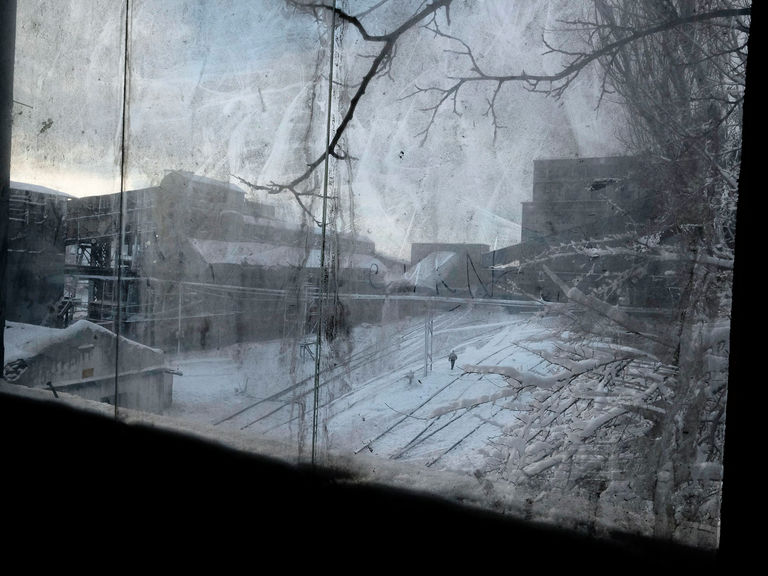Project Detail: Coal Survivors
Contest:
Reportage and Documentary 2020
Brand:
LuganoPhotoDays
Author:
Alain Schroeder
Project Info
Coal Survivors
The mines in Toretsk (Ukraine) have closed one by one since the 1990s. Since the start of the Donbas conflict in 2014, people have left because the frontline is only 10 kms away. As of mid-February 2020, miners of Centralna Mine had not been paid for four months and rumors of closure are rife.
The mining town of Toretsk sits isolated in eastern Ukraine. The mines that once nourished the local economy in this coal-rich Donbass region, have closed one by one since the 1990s and those that remain are rapidly reducing the number of workers. Since the start of the Donbass armed conflict in 2014, young people have left and investors have shied away due to the city’s proximity to the frontline.
Founded in 1860, Centralna is the oldest and deepest mine (1124 meters) in the area. Operated by the state-owned company Toretskvugillya, its infrastructure is dilapidated and in dire need of repair, but the priority of the central government in Kiev is to support its soldiers first. Salaries are not paid and modern equipment is scarce.
The declining coal mining industry is certain to appease those who care about clean air. Obsolete infrastructure, little control over what people burn in furnaces, and climate change are real problems that should be addressed but local communities that depend almost entirely on fossil fuels seem to be the most vulnerable in the slow transition to low-carbon technologies. Renewable energy, digital connectivity and clean energy infrastructure are elusive concepts to those just trying to survive. As the specter of a recession threatens, locals are left with unanswered questions about the city's future as well as their own. Is Toretsk going bankrupt like Walbrzych, the mining town in Poland’s Silesia region did in the 1990s? Generations of miners wait in fear, helpless against the political, environmental, and humanitarian crises that plague the region.
















